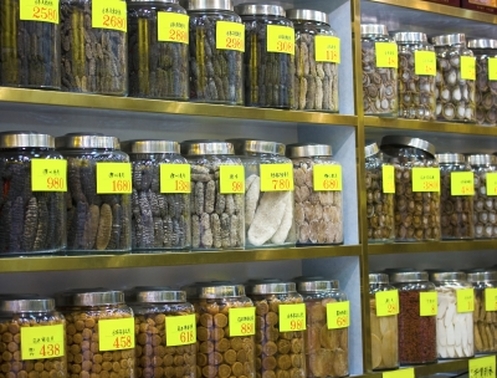Are Chinese Medicine Safe?
(Last of Two Parts)
Traditional Chinese herbal medicine is a system of health care that originated in China for more than two millennia ago. Just like the Humors expounded by Hippocrates, the father of Medicine, where four distinct fluids (or humor) affect the person’s health and temperament, Chinese herbal medicine is grounded on the concept of harmony in the flow of the body’s vital energy, the “Qi”. Any imbalance between the Qi or the humors result to disease.
Traditional Chinese medicine is still popular in China. Around 40% of the health care delivered in China is a mixture of conventional and traditional Chinese medicine. On the other hand, traditional Chinese medicine is slowly gaining ground in conventional health care practice in the Western world.
Checking on adverse events in Chinese herbal medicine is a bit difficult since the trials available for scrutiny are small and face a more difficult predicament compared to conventional medicine adverse event reporting.
Afterall, how many doctors actually report adverse events of the drugs they prescribe? Translate that to thousands of tablets prescribed daily with any adverse reaction to the medicine barely reaching the table of a physician.
To answer the question of effectiveness of Tradional Chinese medicine under a scientific eye, one has to utilize scientific methodologies that will check for biases, errors in methodology, integrity of results, and matched for their purported clinical are and type of outcome.
In a study published by Shang and company in the International Journal of Epidemiology (2007), they found that none of the 136 trial reports of Chinese Herbal medicine study mentioned change in the medication dose after patients came in for follow-up and only two trials actually used individualized treatments. This tend to make small studies of Chinese herbal medicine reporting more benefits than larger studies since studies of smaller magnitude tend to individualize their treatment.
The same researcher concluded biases are “most pronounced” in placebo-controlled groups. Adequate data is not available to properly and factually conclude beneficial effects in taking Chinese herbal medicine.
Many people maintain a misguided concept that if it is“herbal” there is no side effect. One obvious case in point that many are not aware of is with Ginseng and Gingko biloba. Both are commonly included in herbal products and has been highlighted in vitamins and other conventional medicine. But unknown to many taking these two herbal substances with blood-thinning agents or for those with a preponderance to bleed actually predispose the user to a
bleeding episode that may just prove fatal.
The principle of “Do No Harm” has to be in our mind always. Not all that glitter is gold. Herbal medicine has to be quantified properly and analyzed scientifically before being qualified as a remedy for something or just about anything.


 RSS Feed
RSS Feed